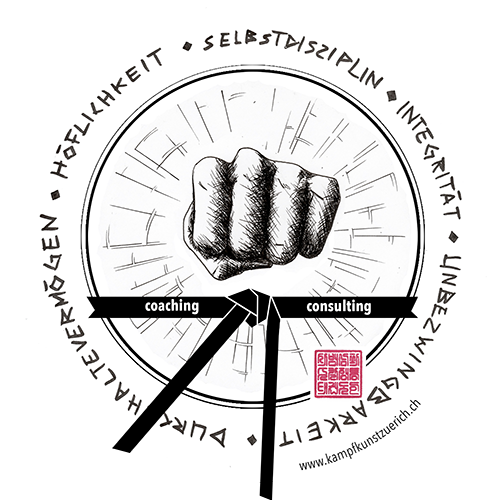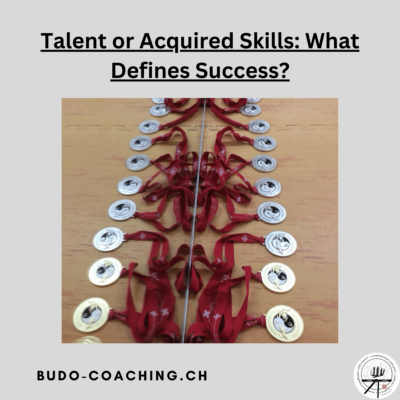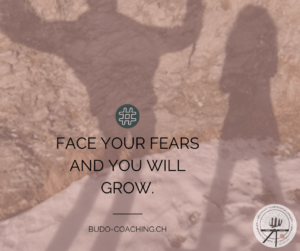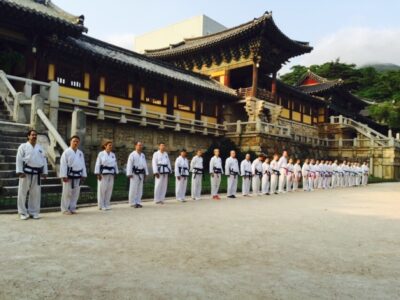What defines successful people? Maraike is a very smart and capable individual but early this…
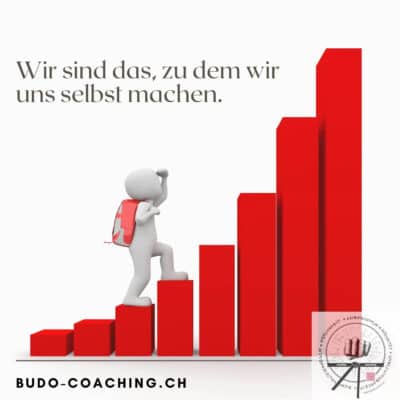
Self-assurance: 5 key factors on the way to improvement
People who are sure of themselves are self-confident, aware of their strengths and abilities. They are also at ease when sharing their opinion, can stand up for themselves and assert their needs.
This confident approach depends on several factors, such as:
- A positive self-image and good self-esteem
- Self-trust
- A good social network that offers support and recognition
- Good physical and mental health
- The ability to effectively manage stress
- Coping with the expectations and opinionsof others, respecting your needs and wishes in the first place
Self-confidence shows in our body language, in our appearance and behaviour
The body speaks about our physical condition and mental strength, who we are, what we believe in, reveals our status or the status in which we place ourselves. It is also our best teacher when learning about ourselves and others.
To improve body language, you need to know yourself well, pay attention to your patterns, how your own body reacts in certain situations and how you feel about it. What you do not like can be improved and changed.
Here are 5 key factors to address
1️⃣ Body language
Make sure your body language is expressive and positive by making eye contact and maintaining an open, upright posture.
Does your facial expression match your message and body language?
Emotions and thoughts are immediately projected onto our face. Our facial expressions convey what we feel in a matter of seconds.
While the eyes are said to be the windows to the soul, posture reflects your physical and spiritual power: these are crucial aspects, considering that the first impression we make, can determine the outcome of our interactions. Your posture speaks of your resolve. Graceful movements are however the product of confidence.
We all experience moments in life when we lack confidence and situations where we are not in command of. In these moments we need to fill the void with courage.
⚠️ Tip
Don’t act: Loudness, aggressive posture or a mean expression do not prove that you stand up for yourself – on the contrary, if it does not come across as natural, your rather underline your insecurity by looking clumsy or awkward. If you start trusting yourself and your body, learning a good posture is not hard. If your body is healthy and properly conditioned, standing or sitting straight is easier than slouching.
2️⃣ Presence
When you interact with people, practice being present when listening, communicating and interacting. Reach out to others with genuine curiosity and a desire to listen.
Use your voice to convey emotion. Pitch, tempo and volume reinforce your message.
Don’t be afraid to question something critically; but be prepared to deal with criticism yourself. Watch your words too! How you talk about yourself and others, what you convey to the outside world, produces corresponding feedback from your environment.
👉Tip
Good breathing is essential for clear pronunciation. When we are nervous, we should therefore concentrate on the breath. Sometimes it is only enough to consciously lean back for a moment until the breath calms down. Those who radiate and maintain calm, are in control of stress situations and can recognize the way-out.
When you are relaxed and calm, you radiate competence and can stand up for your point of view with at ease.
4️⃣ Movement
If you exercise regularly, you not only do something for your health, but also for your posture. While posture is static, it is in the movement that we demonstrate if we are in control: in the movement we express our strength, confidence, coordination, and balance. The more we train, the better we get to know our body, a natural feel which shows in your stride.
A stable, secure posture and a good body feeling signal dynamism, composure, competence and self-confidence.
🥋 Tip
Martial arts are particularly effective when it comes to improving self-confidence and body language. Increased physical strength and fitness coupled with learning techniques to effectively defend against attacks promote a sense of inner peace and security.
Practice is the only way, also when it comes to increasing self-confidence!
4️⃣ Self-control
Clarity of speech and posture helps when we need to solve conflicts.
In martial arts, we learn to control our emotions and body language to avoid conflict, control situations, or defend ourselves effectively when needed.
The training helps you to learn how to make conscious decisions, reacting appropriately to situations, in control of emotions and with a clear head.
Someone who overreacts, blows off steam, and imposes their will is just violent. However, he has no control over the situation and the consequences of his actions.
Those who react passively on the other hand are not able to voice their opinion, tolerate abuse and are influenced by the judgment of others. Ideally, even in a conflict situation, we should aim for a respectful interaction.
Continuous training enables learning to activate assertive behaviors. The aim is not to fall into hectic, uncontrolled movements, even under pressure and when we are agitated. The decision to slow down or pick up the pace, or even to deceive the other person can be made consciously at any time – provided we are in touch with ourselves and know what we are trying to convey.
👉 Tip
Strengthen and stabilize your core, the Ki center, which enables you to have a secure, stable stand. You walk, run or execute fighting techniques initiating them from the center, arms and legs just go along and fall into place. At the same time free yourself of fear: base your decision on what you can achieve not on what fearful outcome you might avoid. If you let people or circumstances stop you by threat, they will hold their power over you.
Have you ever been provoked while driving, for example? Or pushed to purchase something you did not actually want?
Don’t let that happen: You set your own pace. Otherwise, you will be pushed around, you might end overreacting and making mistakes that eventually will result in bad purchases, wrong decisions, dangerous driving behavior and ill-considered answers.
Personal power is the force that results from you freeing yourself from the fear of failure and other people’ judgements, which has little to do with physical strength or technical proficiency. You will naturally move in a more relaxed manner, trusting yourself and speaking your mind calm; free from the thought of having to apologize or defend yourself for your opinion.
5️⃣ Self-confidence
Be clear about what is important to you, what you want, and your goals. Then pursue.
What helps us to successfully achieve our goals are sub-goals, the small daily steps we tick off and celebrate, hurdles we overcome, difficult situations we overcome.
All of this improves our sense of self-efficacy and reinforces the fact that we can take care of ourselves after all.
Through the path of self-confidence, we gain access to our resources. When we fear a situation and allow ourselves to be intimidated by other people, we place more trust in their abilities than in our own. But if we learn to take responsibility for ourselves, we also learn to break barriers and limiting beliefs.
What counts in the end is not what others think we can or cannot do, but what we trust ourselves to do.
👉Tip
Don’t belittle your achievement. It’s okay to show weakness and experience defeat on your path. Learn from failures but do not linger there- move on to the next challenge; focus more on what you are good at and what you can improve or change. This is how you build self-confidence, bit by bit. When you are in a supportive environment, you will be able to fill your role, know your place and be confident in it. Remember: you appear to others as you see yourself. What others perceive is what we radiate.
Find out, feel, process and experience
In the Budo world, the body is tool to get to know and experience what we are capable of. A sound body feeling is the basis for a deeper connection to what is hidden within us.
Movement builds the body: as we develop the strength and flexibility to perform the various techniques, the mind is alert, present and the energy is flowing:
- This develops a strong body awareness
- Improves the connection to oneself and to others
- Strengthens self-confidence and brings about positive changes that affect the entire appearance.
Would you also like to increase your confidence? Join us our self-assertion course and practice how you can improve your body language how to communicate your needs clearly so that your wishes are heard and respected how to keep your emotions in check and stand up for yourself, even in critical situations
